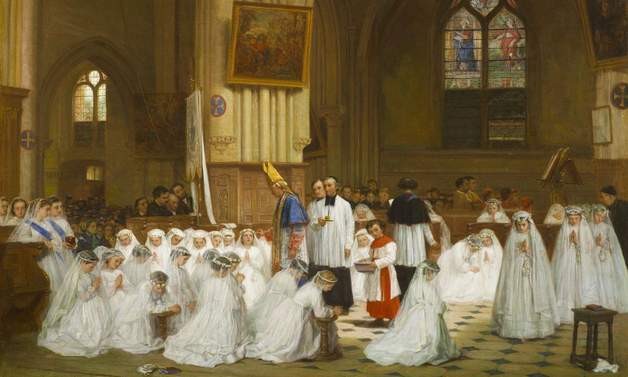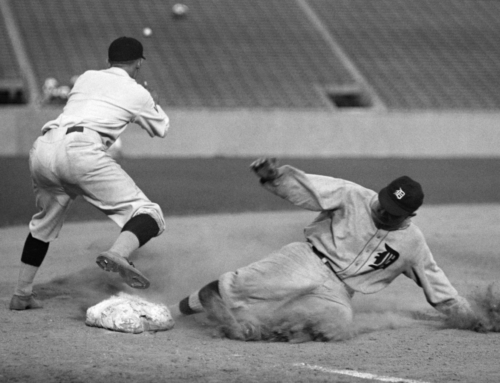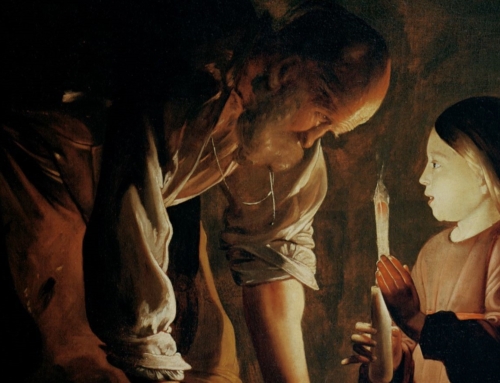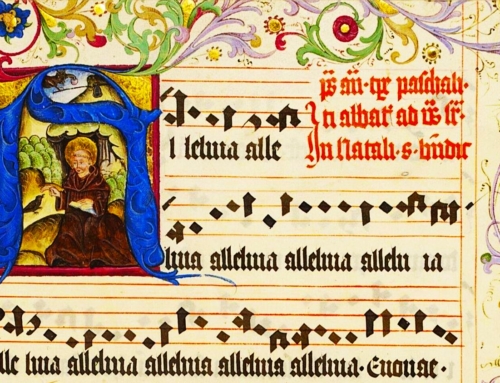First Communion season is upon us. Young boys and girls in their white suits and white dresses line the aisles of churches across the country. Some come with smiles a mile wide, and others with lips nervously quivering. Why all the fuss?
Transubstantiation!
If the Eucharist isn’t really Jesus’ Body and Blood, then it’s all nonsense, and the suits and dresses are just for show. If the Eucharist is simply a symbol of God’s love for us and nothing more, then there’s no need for such tra la la. But . . . if the substances of bread and wine are really converted into the Body and Blood of Jesus, then the whole situation changes. If Jesus, the Lord of the Universe, really comes down on the altar at Mass, then the children are right to tremble with nervous anticipation as they approach to receive his Divine presence.
Jesus Himself tells us,
I am the living bread which came down from heaven; if any one eats of this bread, he will live for ever; and the bread which I shall give for the life of the world is my flesh. (Jn 6:51)
Thus, Holy Communion is all about eternal life. Jesus really becomes present in the Eucharist because He loves us and desires for us to spend eternity with Him. It is true that the Eucharist is a sign of God’s love for us. Yet it’s so much more than that. God has loved us enough to become truly and substantially present, hidden under the appearance of bread and wine, so that we might consume Him and be changed into Him. In the Confessions, St. Augustine hears the Lord saying,
Nor shall you change me, like the food of your flesh, into yourself, but you shall be changed into me.
In the Eucharist, He comes to us so that we might come to Him.
The brief life of Blessed Imelda Lambertini vividly shows this. Bl. Imelda became a Dominican nun at the age of nine and begged for two and half years to be able to receive First Communion. Since she was too young by the Italian standards of the time, she was asked to wait until she was twelve. On the Vigil of the Ascension in 1333, when Imelda was yet only eleven years old, the Lord granted her wish and came to her in a striking way. After Mass, she was found adoring a host which was floating above her. The chaplain was brought in, and to this young girl, wearing her white Dominican habit, he gave First Communion. She died upon consuming the Host. The Lord, truly present in the Eucharist, changed her life in an instant. Her soul, full of joy, was brought to heaven where she participates in the eternal life of God.
This is what the Lord offers to each of us when we receive Holy Communion, whether it be our first, our fiftieth, or our last: He offers us eternal life. In the Eucharist, He comes to us so that we might come to Him.
✠
Image: Théophile Emmanuel Duverger, La Premiere Communion







